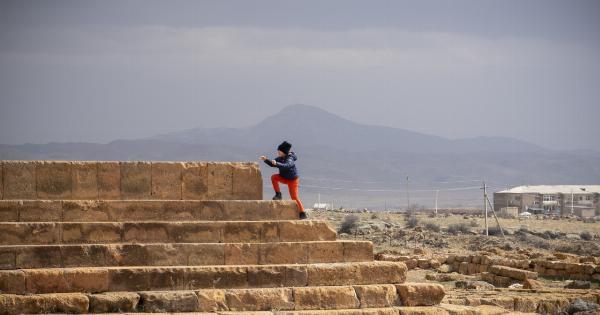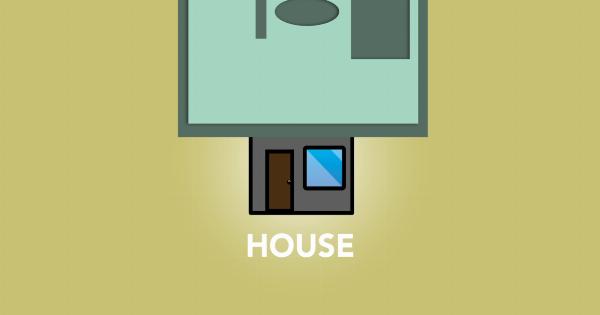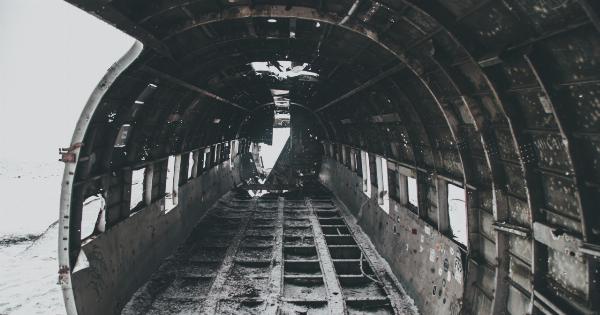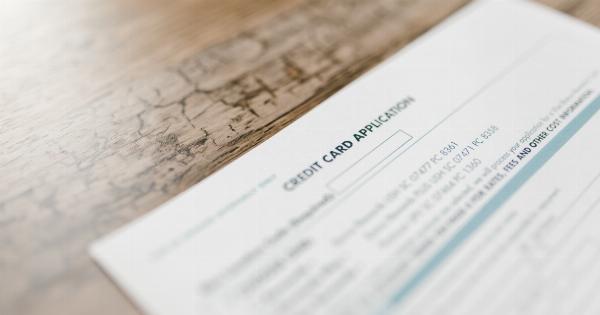Earthquakes are natural disasters that can strike at any moment, without any warning. They can cause massive damage to property and have the potential to claim multiple lives.
If you live in an earthquake-prone area, it’s important to prepare for the worst-case scenario. One way to do that is by getting natural disaster insurance.
What is natural disaster insurance?
Natural disaster insurance, also known as catastrophe insurance, is a type of coverage that protects you from financial losses that may arise as a result of a natural disaster, such as an earthquake.
This type of insurance can cover a wide range of damages, including property damage, lost income, and personal injuries.
What does natural disaster insurance cover?
Natural disaster insurance policies differ from one insurer to another. However, most policies cover the following:.
- Property damage: Natural disaster insurance covers damage to your property, such as your home, car or business. It can also cover damage to personal belongings, such as furniture, electronic devices, and clothing.
- Loss of income: If your business is damaged by a natural disaster and you cannot continue your operations, natural disaster insurance can cover your lost income during the recovery process. If you are an employee and have been displaced by a natural disaster, natural disaster insurance can provide you with financial assistance.
- Personal injuries: Injuries sustained during a natural disaster can be covered by natural disaster insurance.
What is not covered by natural disaster insurance?
Natural disaster insurance is not a comprehensive policy that covers everything. Here are some things that are commonly excluded from natural disaster insurance policies:.
- Flooding: While some natural disaster insurance policies can cover damages caused by flash floods, most do not offer protection against river flooding or storm surges.
- Mudslides: Mudslides and landslides are often excluded from natural disaster insurance policies.
- Nuclear accidents: Damage caused by nuclear accidents, such as a radiation leak, is not covered under natural disaster insurance policies.
- Acts of war or terrorism: Natural disaster insurance does not cover damages caused by acts of war or terrorism.
How much does natural disaster insurance cost?
The cost of natural disaster insurance depends on several factors, including the location of your property, the type of coverage you need, your deductible, and your insurance provider.
Property located in an earthquake-prone zone is likely to have a higher insurance premium than one located in a less vulnerable region. The amount of coverage you need will also affect the cost of your policy. The higher your coverage limit, the higher your premium will be. Your deductible is the amount you pay out of pocket before your insurance kicks in.
Higher deductibles result in lower insurance premiums. You can compare rates from various insurance providers to find the best price for your needs.
How to choose the right natural disaster insurance policy
Choosing the right natural disaster insurance policy can be overwhelming. Here are some tips to help you select the right policy:.
- Do your research: Make sure you understand the coverage options available from different insurance providers. Compare their policies and rates to find the best option for your needs.
- Consider your location: If you live in an earthquake-prone area, make sure the policy you choose specifically covers earthquakes.
- Assess your risks: Consider your risks and select coverage that helps you protect against these specific risks. For example, if you own a business, you may want to consider a policy that covers lost income due to natural disasters.
- Review the policy carefully: Make sure you understand the terms and conditions of the policy, including the coverage limits, deductible, and exclusions. If you have questions, ask your insurance agent or provider to explain them.
Filing a natural disaster insurance claim
If you experience damage as a result of a natural disaster, you will need to file a claim with your insurance provider. Here are the steps to follow:.
- Document the damage: Take photos and videos of the damage to your property and belongings. This evidence will help support your insurance claim.
- Contact your insurance provider: As soon as possible after the damage occurs, contact your insurance provider to file a claim. Be prepared to provide them with all relevant details about the damage.
- Work with the insurance adjuster: Once you have filed a claim, an insurance adjuster will visit your property to assess the damage. Work with the adjuster to ensure they have all the information they need to process your claim.
- Review your settlement: Your insurance provider will provide a settlement offer based on the damage assessment. Review the settlement carefully to ensure it covers all your losses. If you have questions or concerns, speak with your insurance provider or agent.
- Finalize the claim: Once you have reviewed and accepted the settlement offer, your claim will be closed, and your insurance provider will make the payment to cover the damages.
The bottom line
Earthquakes are not preventable, but you can prepare for them. Getting natural disaster insurance is a smart way to protect yourself and your assets from the financial devastation that an earthquake can cause.
With careful consideration and research, you can select the right policy and make sure you’re covered when you need it most.




























